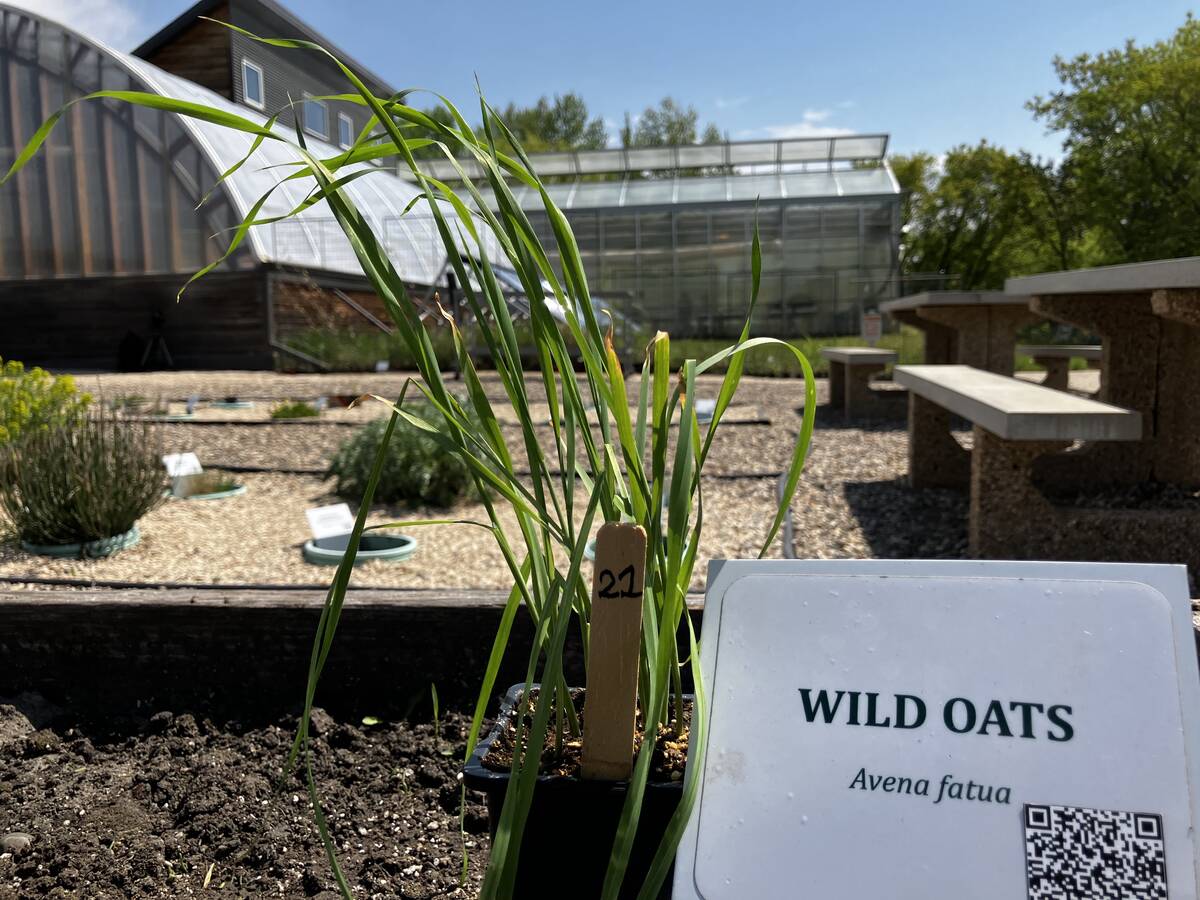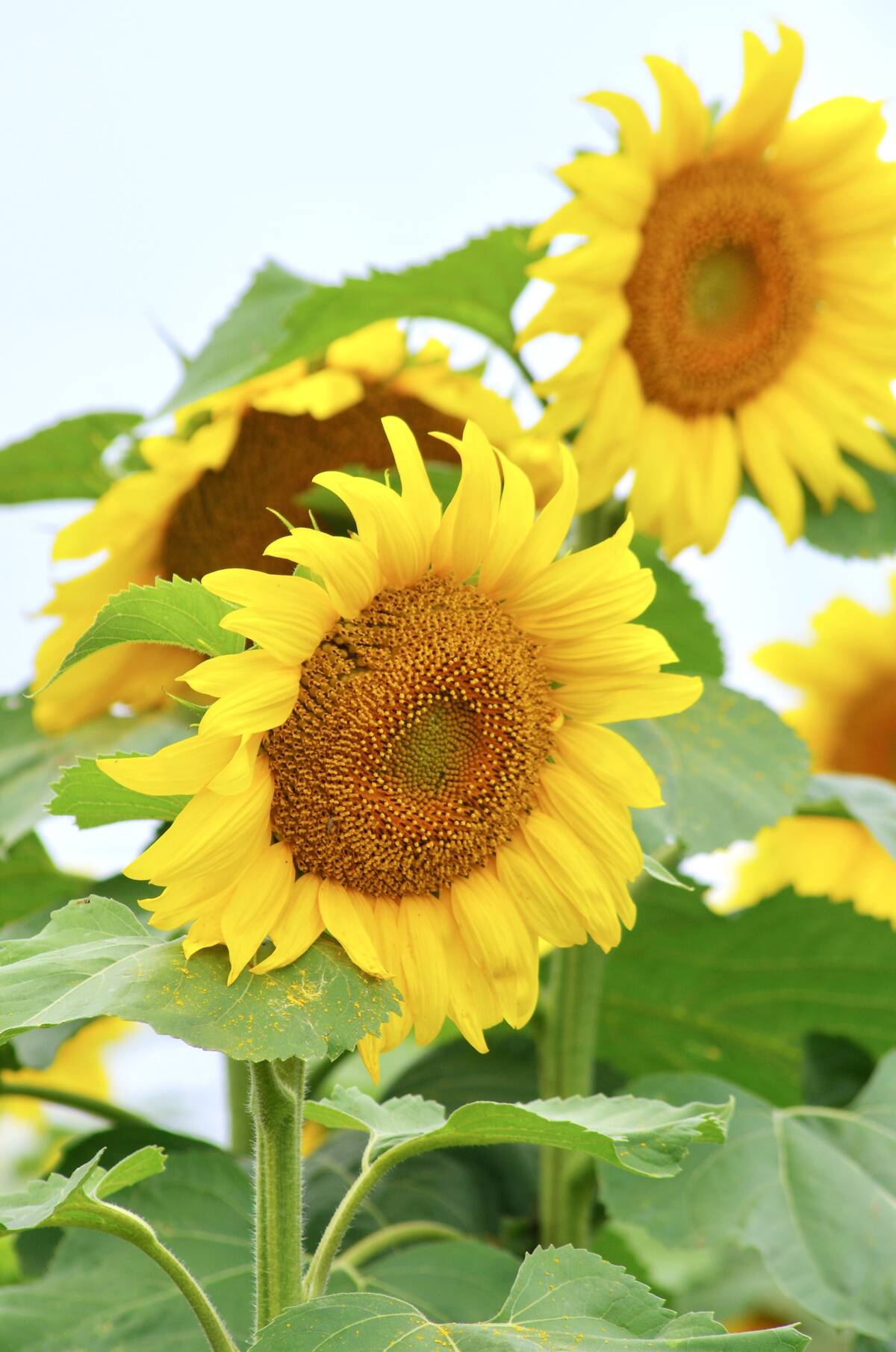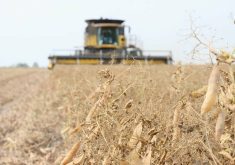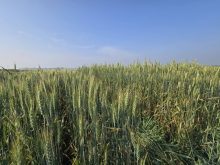Manitoba’s confection sunflower growers will have a new seed option next spring that was developed specifically for perform in the province.
The pending commercialization of one of their hybrids is a milestone for the Manitoba Crop Alliance (MCA), the commodity group that represents the province’s sunflower growers. The organization has invested in its own sunflower breeding program. In October of last year, the MCA said they had put licences for two Manitoba-developed hybrids out to tender. U.S. farmer-owned co-operative CHS has opted in for one of those hybrids, the MCA has confirmed.
WHY IT MATTERS: Locally developed genetics could make confection sunflowers more attractive to growers.
Read Also

MANITOBA AG DAYS: Wild oat resistance tightens its grip in Manitoba
Herbicides are increasingly failing to control wild oats as the weed pops up across Manitoba farm fields.
A limited amount of seed is expected to hit the market for growers to access for the 2026 growing season.
It’s a major milestone for the group’s breeding program. It marks the first time a homegrown confection hybrid will be broadly accessible to Prairie growers.
“It’s a win for farmers and for the MCA,” said Katherine Stanley, the group’s research program manager for special crops.
Road to seed market
The MCA has registered two hybrids so far, after more than a decade of research and farmer investment: MCA 359239 and MCA 359306. CHS has chosen to produce MCA 359239, marketing it under the simplified name MCA 359.
The second hybrid is still available if other seed producers show interest but, for now, Stanley is just thrilled to have reached this milestone.
“We’re super excited to see one of our hybrids that performs really well under Manitoba conditions making it out into the field,” she said.
CHS’s sunflower division, based in North Dakota, will handle seed production and marketing. While seed volumes will still be scaling up next year, Stanley said interest from Manitoba producers has already been strong.
Made in Manitoba, for Manitoba
Confection sunflowers are one crop that has long struggled with outdated genetics. The most widely grown confection hybrid in recent years has been Nuseed’s 6946 DMR. It was registered more than a decade ago and developed primarily for U.S. conditions. It also lacks herbicide resistance traits.
Manitoba is Canada’s biggest producer of confection sunflower seeds, but in recent years, through a combination of marketing and agronomic challenges, the edible varieties have taken a backseat to sunflower varieties produced for oil.
The new MCA-developed hybrid is designed to change that. MCA 359 carries Group 2 herbicide resistance and early maturity. The breeding program also focused on disease tolerance and wind resistance—traits that matter in Prairie fields vulnerable to lodging and disease pressure.
“Manitoba farmers who are interested in growing confections, now have a crop that can perform for them,” Stanley said. “That’s our No. 1 outcome.”

According to MCA performance trials published in the Seed Manitoba 2025 guide, MCA 359 yielded 109 per cent compared to the check variety, Nuseed’s 6949 DMR. It also matured about two days earlier and stood roughly two inches taller than the check, offering growers a small but practical edge.
Unlike oil-bound sunflowers, confection crops are also sold with minimal processing. Appearance and flavour are critical.
“There’s a lot more things that need to be considered,” Stanley said. “Even things like the seed colour and the number of stripes, whether it is black or gray-black, never mind all the flavour profiles and the per cent nut meat.”
Because Manitoba’s confection sunflowers are typically shipped to North Dakota for processing and often blended with U.S. product, Canadian hybrids must visually match their American counterparts. That adds another layer of complexity to breeding work. Stanley said MCA’s goal was to give farmers a variety that could compete agronomically, while meeting the strict aesthetic standards of the confection trade.
With MCA 359 poised for commercial release, Stanley said the alliance will keep refining its breeding efforts as long as farmers see value in the crop.


















